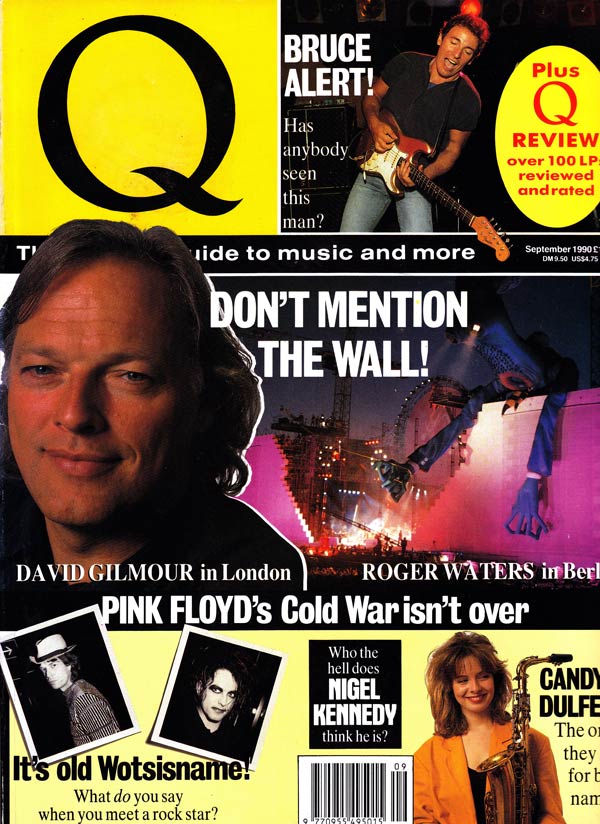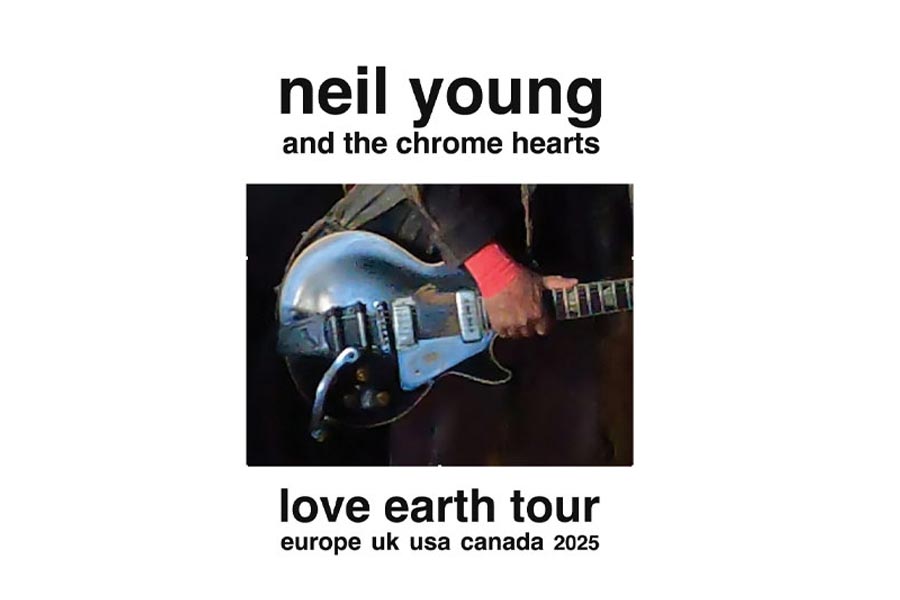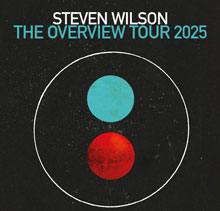David Gilmour: “Wir waren politische Schachfiguren”

Auch schon wieder 24 Jahre her, seit David Gilmour dem Q Magazin 1990 ein sehr interessantes Interview gab. Das Magazin berichtete auch über Roger Waters The Wall Show in Berlin. Zu dieser Zeit herrschte sozusagen noch der Kalte-Krieg zwischen Pink Floyd und Roger Waters, zu gegenwärtig waren noch die gegenseitigen Anfeindungen gewesen. Eine Annäherung noch in weiter Ferne.
Eine Frage des Interviews ist auch über das Venedig Konzert gestellt worden. Und weil es anlässlich des 25jährigen Jubiläums ideal passt, lest hier Gilmour´s Erinnerungen an dieses Konzert und dessen organisatorische Besonderheiten!
Gilmour erzählt einige unbekannte Details. So musste die schwimmende Plattform, auf der die Bühne stand, auf die offene See hinaus geschleppt werden, weil eine Brücke nicht geöffnet wurde, was wiederum die Küstenwache auf den Plan rief. Nachdem diese ihr Geld erhalten hatte durfte die Plattform ihre Reise nach Venedig fortsetzen.
In Venedig wollten auch die Gondoliere vom Konzert profitieren und forderten 10.000$ ansonsten würden sie während des Konzertes zu ihren Trillerpfeifen greifen! Pink Floyd Manager Steve O’Rourke tat so als ob er auf ihre Forderungen eingehen würde!
The floating stage you used in Venice – had that ever been done before?
David Gilmour: I’d seen it in a Marx Brothers movie, but I don’t think it ever been done before on that scale. We had to hunt the world for a barge big enough – I set problems and other people are sent off to find solutions!
The Venice show was great fun, but it was very tense and nerve-wracking. We had a specific length of show to do; the satellite broadcasting meant we had to get it absolutely precise. We had the list of songs, and we’d shortened them, which we’d never done before. I had a big clock with a red digital read-out on the floor in front of me, and had the start time of each number on a piece of paper. If we were coming near the start time of the next number, I just had to wrap up the one we were on. We had a really good time, but the city authorities who had agreed to provide the services of security, toilets, food, completely reneged on everything they were supposed to do, and then tried to blame all the subsequent problems on us. Lots of twaddle was written about it, even by some nice respectable journalists from the Guardian – stuff about our music disturbing the buildings; complete ****ing absolute twaddle.
There was a big row on the Venice council; some people there wanted to get others off, and they used this issue to discredit them. We were political pawns. Most of the residents just left town and hoped Venice would still be there when they came back Monday, and if anything had gone wrong, they’d blame us.
And then there where the gondoliers – they came to us and threatened that if we didn’t give them $10,000 immediately, they would fill the entire space up in front of the stage and blow their whistles all the way through the show. So we said, “Fine – come back at the end of the show and we’ll give you the $10,000.” And when they did, we said, “Piss off, you missed your chance.” That’s the story I was told by our manager, Steven O’Rourke. We got away with that one, but there were other things were we had to bribe people to make things happen, where again they had agreed on something and then reneged, and you have to say, take this money and do it. For example, along one of the main waterways is an island called the Giudecca, and they’ve got a pontoon bridge all the way across, which they’d agreed to open up for us early the next morning to let us float the whole stage through, towed by tugs. They then refused to open it, so we had to tow this vast stage the size of a football pitch out into the open sea. Then the sea police came up and boarded and said, You can’t come this way. We said, They won’t let us through that canal where they’d agreed… So we had to pay out.
Initially Steven was very against the idea of playing Venice, saying it would be too difficult. Throughout the second leg of that tour he’d come up to me and say, It’s never going to happen. I said, “Steve, if Venice doesn’t happen, you’re fired.” Or something like that.











![Pink Floyd at Pompeii - MCMLXXII [Blu-ray]](https://m.media-amazon.com/images/I/41tcUmkGMfL._SL160_.jpg)
![The Dark Side Of The Moon - 50th Anniversary Deluxe Box Set [Vinyl LP]](https://m.media-amazon.com/images/I/41LmT8LBfeL._SL160_.jpg)
![Pink Floyd at Pompeii - MCMLXXII [Vinyl LP]](https://m.media-amazon.com/images/I/510Ug+MBBVL._SL160_.jpg)
